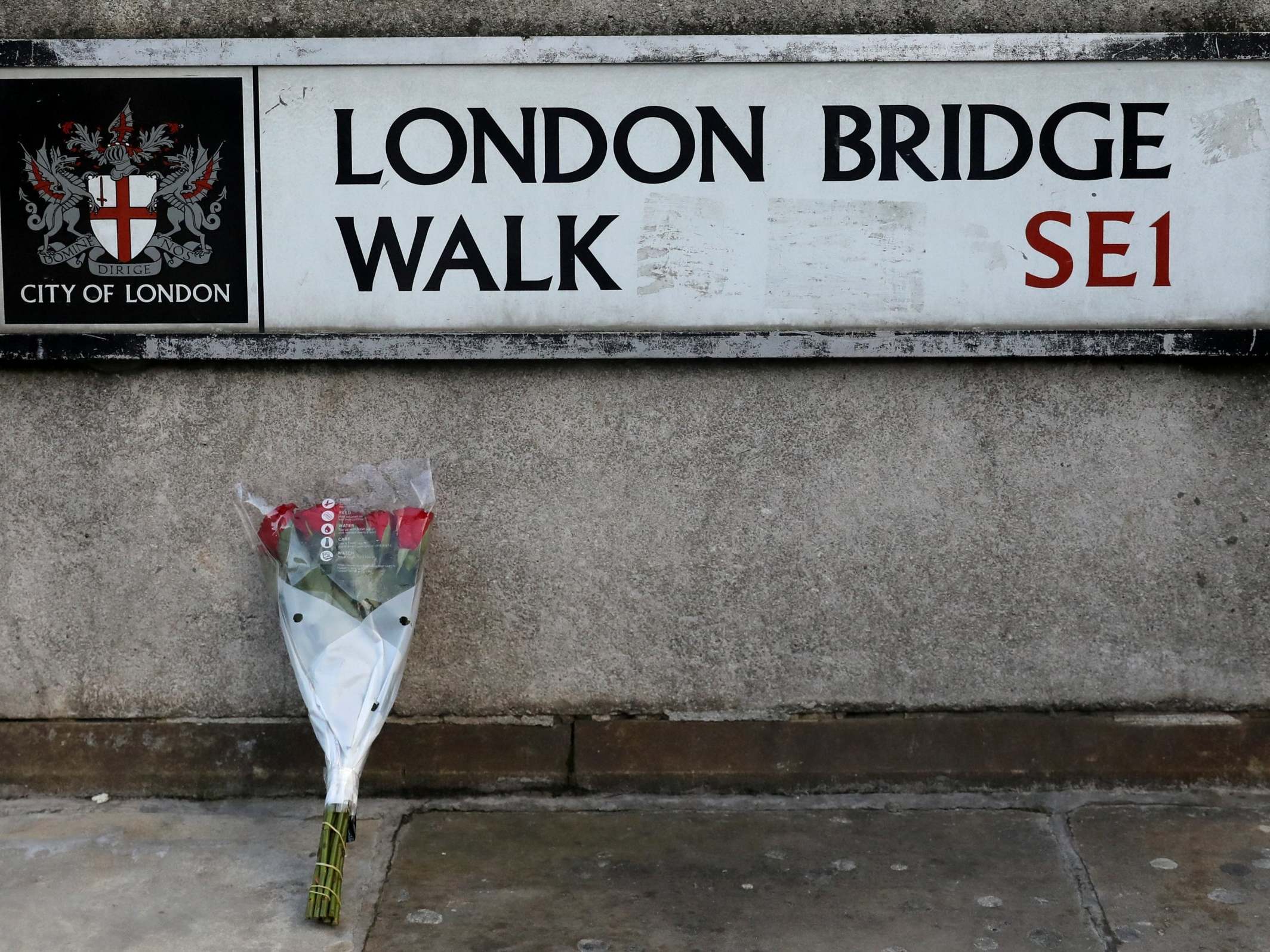How comment journalism helps us make sense of tragedies like the London Bridge attack
Sometimes, the best means of understanding why we feel the way we do, or how some narratives gain traction, is to consume the opinions of others after horrific incidents like these


Whenever something as horrific as an attack on innocent people occurs, the minutes, hours and days following can feel muddled, to put it mildly.
Rumours about the supposed ins and outs of what really happened do the rounds on social media, warnings about those falsehoods spread even further, and all the while we’re left to try to make sense of what is – regardless of what did or didn’t happen – an undeniably tragic set of circumstances.
While reports on the events as they unfold are an excellent way of staying informed, sometimes, the best means of understanding why we feel the way we do, or how some narratives gain traction, is to consume the opinions of others.
Sean O’Grady’s piece, “What today’s events at London Bridge can tell us about Londoners’ sense of solidarity”, is one such case.
At the point of commissioning the article, details about the attacker and the bystanders who helped to disarm him, were murky. Rather than speculating about the virtues (or lack thereof) of either of them, it was important to explore the overall sentiment of the public at the time: a sense of pride in our solidarity in times like these.
Similarly, after Boris Johnson’s insistence that ending early prison release for terrorists would prevent similar attacks in the future, security and education journalist Robert Verkaik sought to set things straight, writing: “While more beat officers may not have been able to stop Friday’s attack, counterterrorism teams who monitor terrorists released from prison play a vital role in evaluating their risk.
“Damaging reforms to the probation service, introduced in 2014, have led to probation officers complaining that they are no longer able to properly supervise dangerous offenders.”
There’s a plethora of information and analysis to take away from articles like these, even if you don’t agree with the central argument. Not only can they help to voice what we’re all feeling, they can give us a sense of comfort when very little else makes sense.
Yours
Kuba Shand-Baptiste
Voices commissioning editor
Join our commenting forum
Join thought-provoking conversations, follow other Independent readers and see their replies
Comments